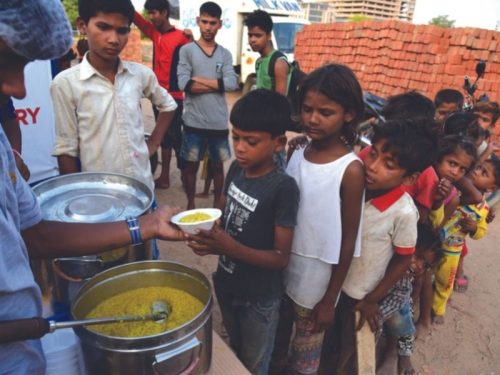Current Issue
From the Archives
Poor Rich Billionaire

Media Bytes
“Branch campuses do not always succeed. And when they fail, students are often left without alternatives. In recent years, several international branch campuses faced significant setbacks. Texas A&M University closed its Qatar campus after two decades of operation. In Europe, the University of Kent's Brussels campus was shut down due to financial pressures. These developments reveal a growing fragility in the operation of International branch campuses where global uncertainties and local market realities challenge the sustainability of such ventures.”
— Philip G. Altbach & Eldho Mathews, The Hindu, (13/11)
“The SCALE of the renewables revolution in China is almost too vast for the human mind to grasp. By the end of last year, the country had installed 887 gigawatts of solar-power capacity—close to double Europe’s and America’s combined total. The 22m tonnes of steel used to build new wind turbines and solar panels in 2024 would have been enough to build a Golden Gate Bridge on every working day of every week that year. China generated 1,826 terawatt-hours of wind and solar electricity in 2024, five times more than the energy contained in all 600 of its nuclear weapons”
— The Economist, (6/11)


















